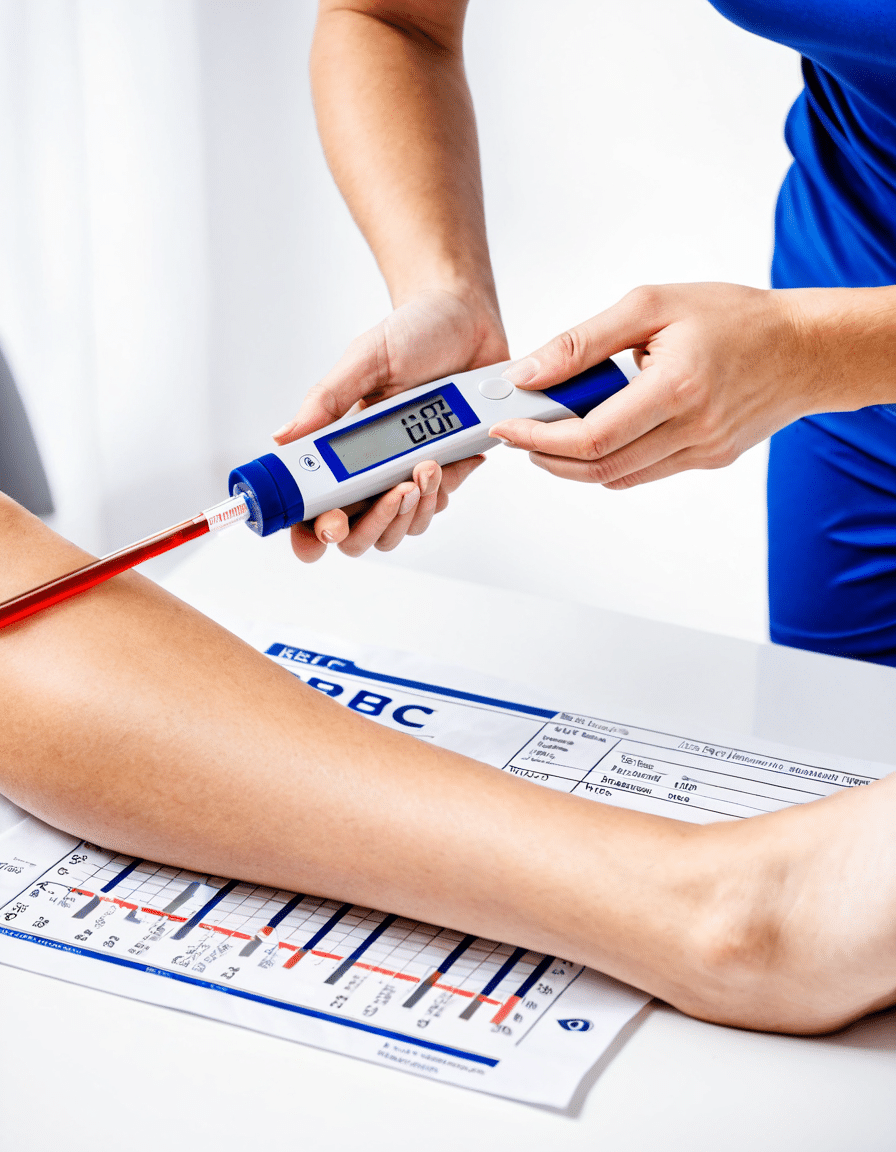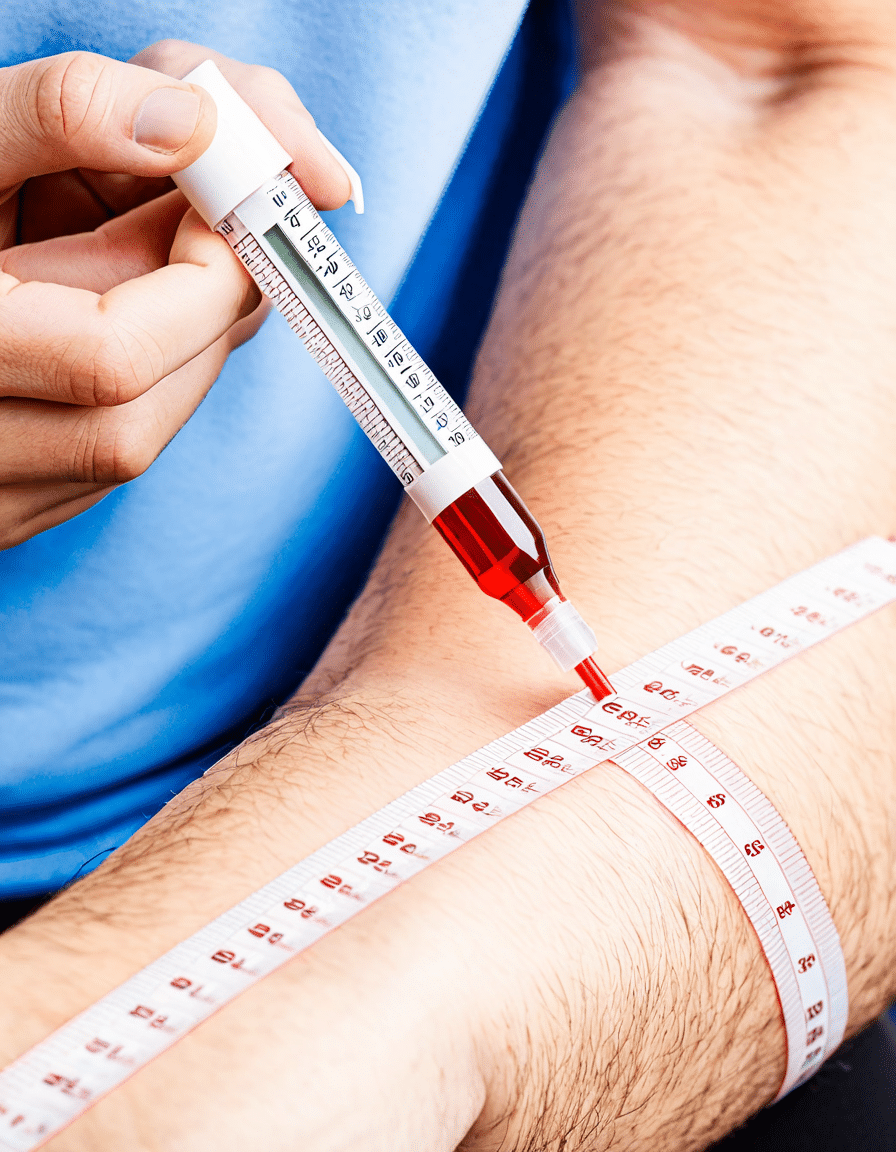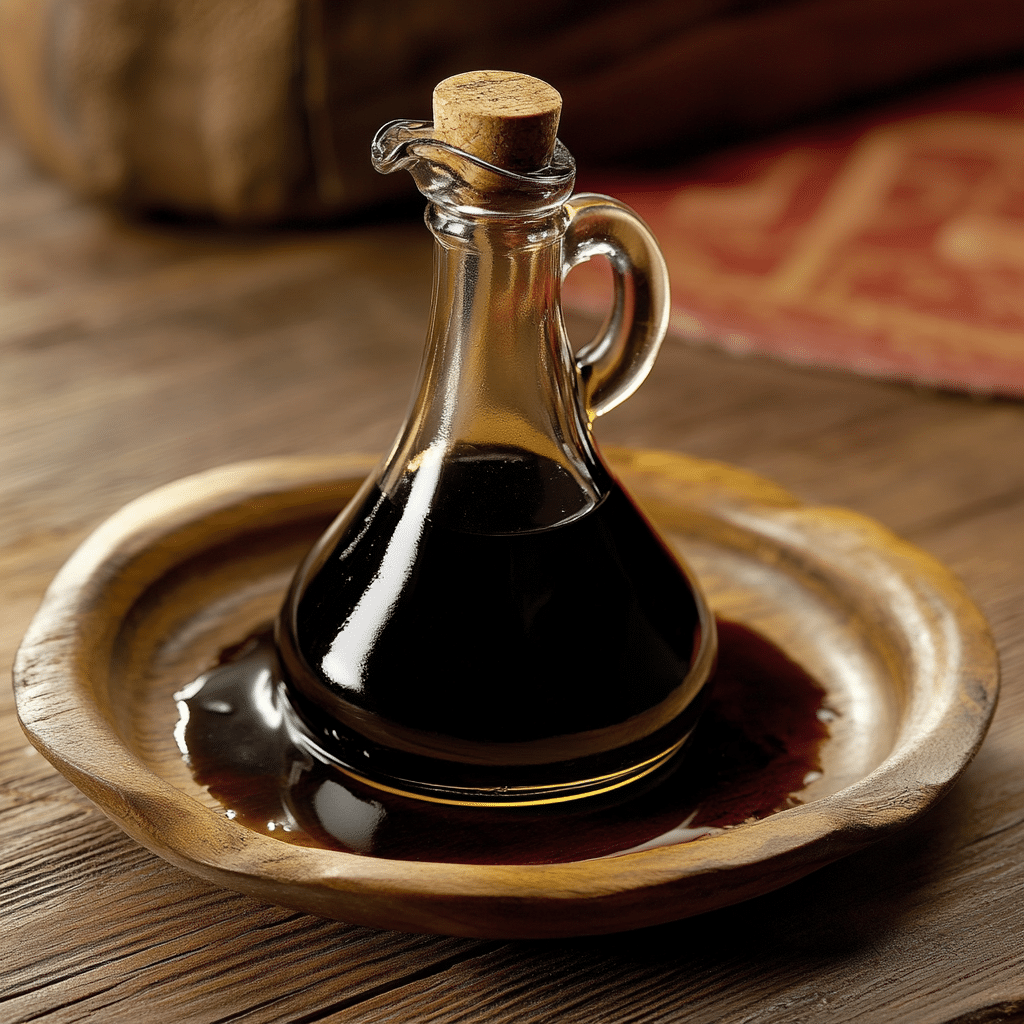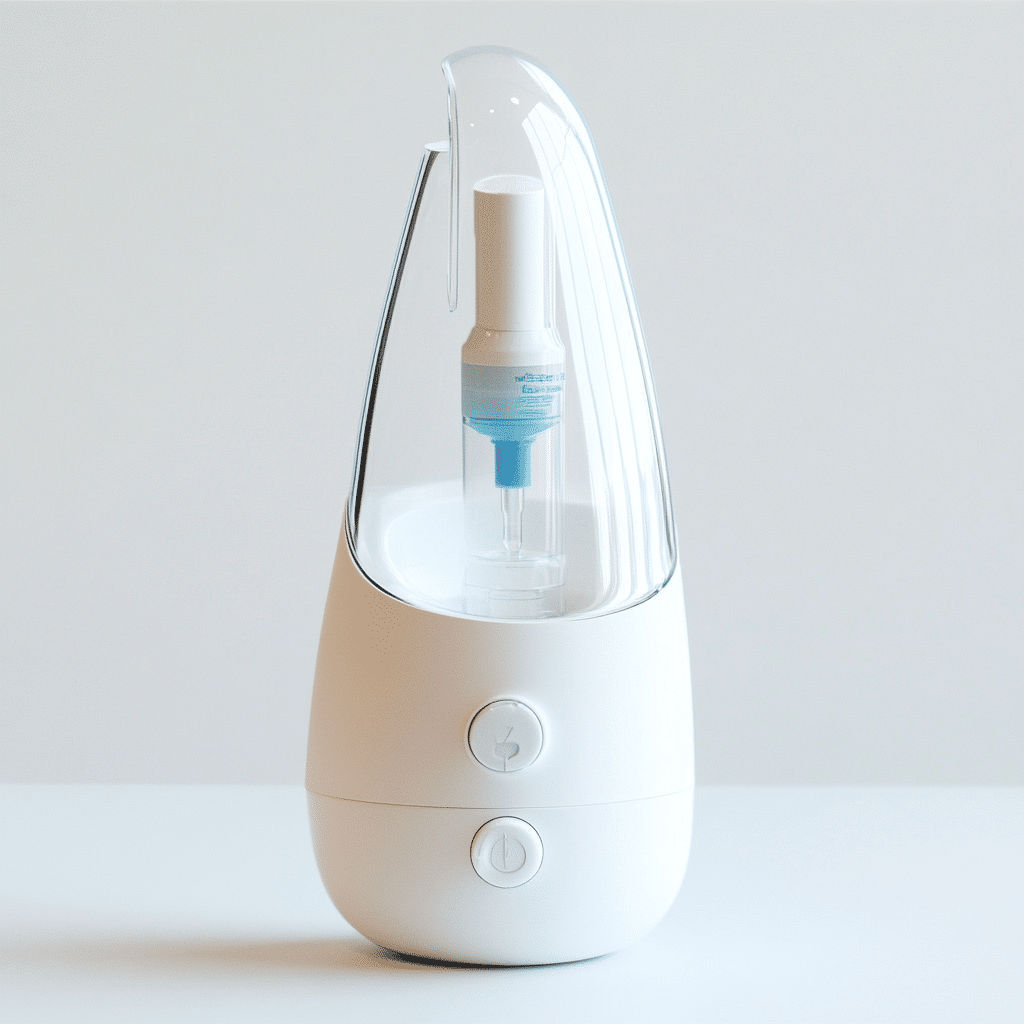Every serious fitness enthusiast knows that achieving peak performance means paying attention to every detail—including what the body’s telling us through blood tests. One of the key indicators you’ll often hear about is RBC, or Red Blood Cell count. But what is RBC in a blood test? RBCs are the cells responsible for transporting oxygen throughout your body, making them absolutely essential for energy levels, muscle gains, and overall health. In this article, we’ll dig deep into the importance of these cells and how they impact everything from workout performance to recovery.
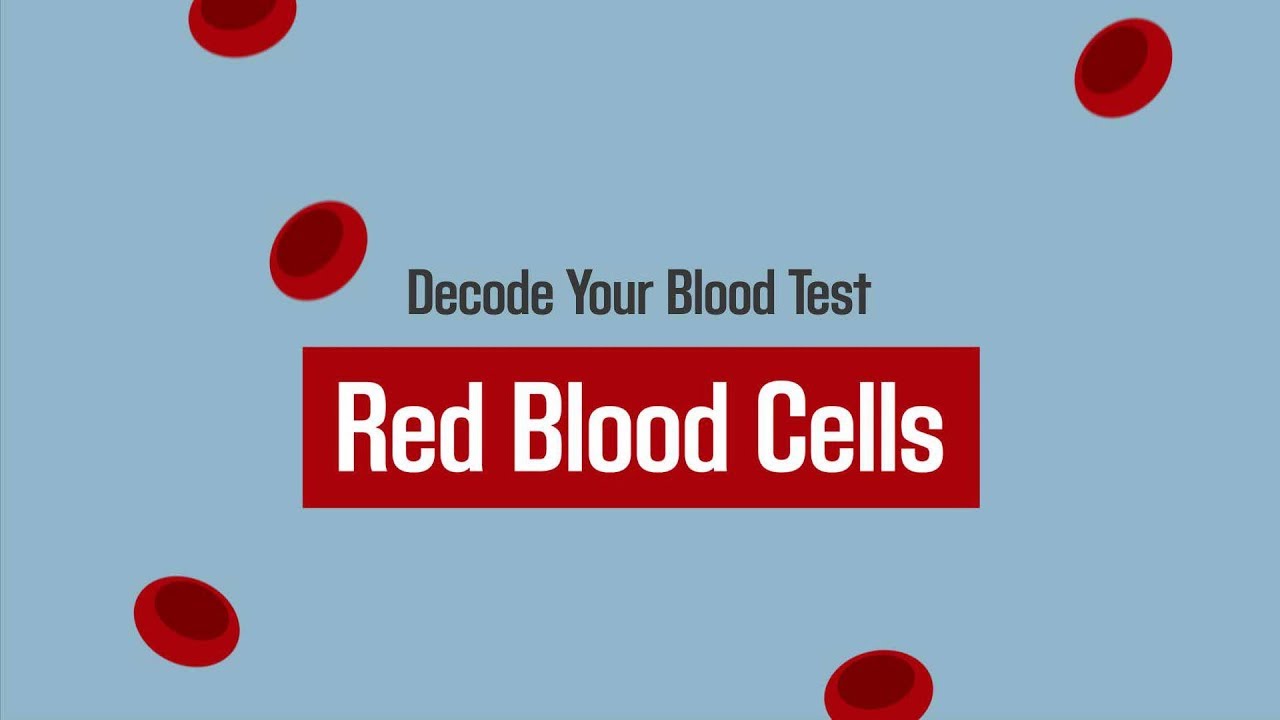
Understanding What Is RBC in Blood Test
Red Blood Cells (RBCs) carry oxygen from your lungs to every ounce of your body, fueling your muscles and keeping your energy levels high. When you get a blood test, your RBC count helps assess your health status. For men, the normal range is about 4.7 to 6.1 million cells per microliter, while for women, it’s 4.2 to 5.4 million cells per microliter.
If your RBC count is below the normal range, it can spell trouble. Conditions like anemia can sap your energy and reduce your ability to lift weights, run, or just power through your day. Conversely, elevated RBC counts can be linked to issues like polycythemia, where your blood becomes too thick, raising risks for blood clots or strokes. In short, keeping tabs on your RBC count is crucial for your health, especially if you’re pushing your body to its limits.
The Role of RBCs
Think of RBCs as the oxygen delivery man for your muscles. They carry oxygen from the lungs, allowing you to crush that workout and avoid fatigue. If you’re training hard but feeling sluggish, it could be time to ask your healthcare provider, “What is RBC in blood test?” A deficiency here could mean low energy, poor performance, and an uphill battle in your muscle-building quest.
Regular testing of RBC count provides insights into your general physical condition and can guide your training, nutrition, and recovery strategies. Armed with this info, you can focus on what really matters: getting shredded and maintaining that killer physique!
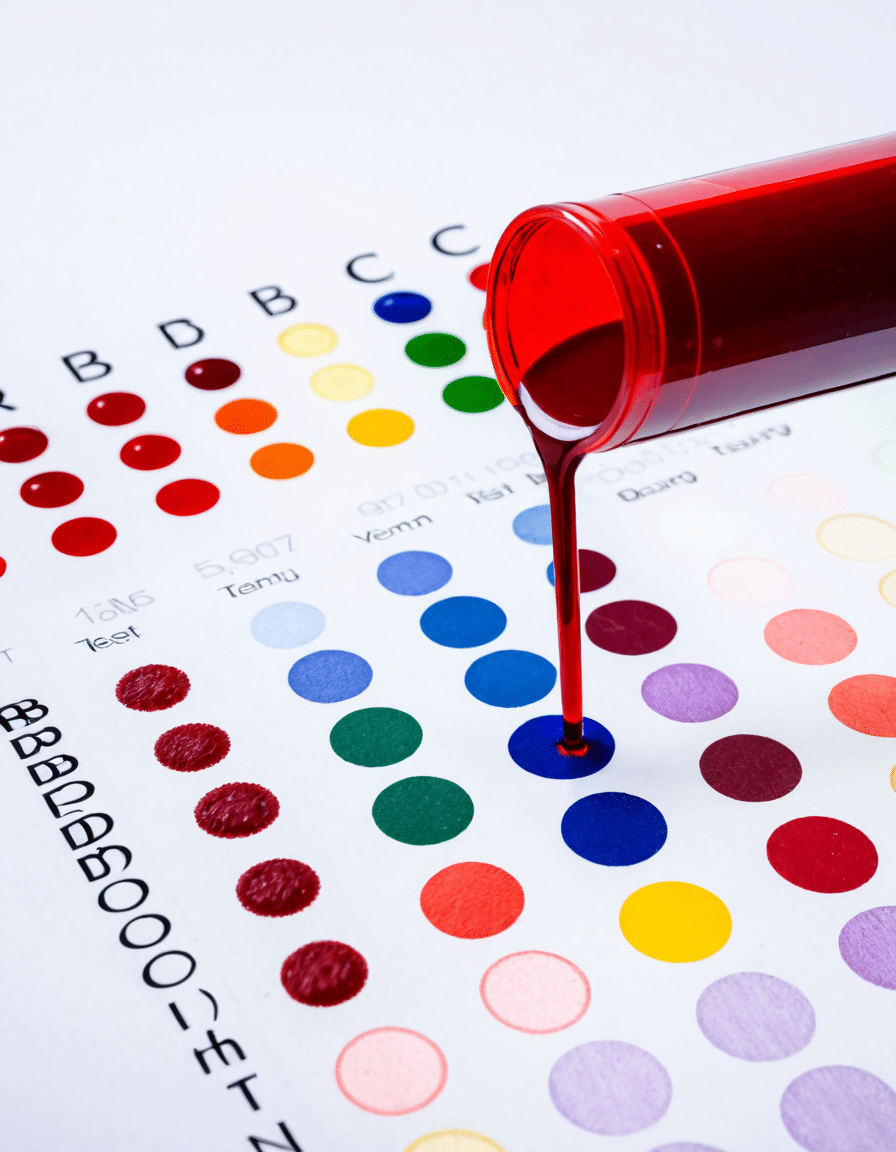
7 Key Components of Blood Tests: Beyond RBCs
While understanding what is RBC in a blood test is vital, it’s crucial to broaden your perspective and consider the seven key components of blood tests.
As we’ve discussed, the RBC test evaluates red blood cells’ quantity and functionality. It’s a cornerstone of the Complete Blood Count (CBC) test, providing hints about your overall health, especially your oxygen-carrying capacity.
The Estimated Glomerular Filtration Rate (eGFR) helps keep an eye on your kidney’s health. Low eGFR levels can point to chronic kidney issues. If it falls below 60 mL/min/1.73m² for over three months, it’s definitely a red flag.
The Blood Urea Nitrogen (BUN) test tells you about your kidney function and protein metabolism. A normal BUN level should be anywhere between 7-20 mg/dL. High levels could indicate dehydration or potential kidney problems, which could impact your performance at the gym.
Red Cell Distribution Width (RDW) looks at the size variation of your red blood cells. A high RDW may signal issues like vitamin B12 deficiency. If you’ve been training hard but feel off, it might be time to have a conversation with your doctor about your RDW numbers.
Mean Corpuscular Hemoglobin Concentration (MCHC) helps identify how much hemoglobin is present in your RBCs. Normal ranges hover around 32-36 g/dL. Low levels could signal hypochromic anemia, meaning your cells don’t have enough hemoglobin to transport oxygen efficiently.
Mean Platelet Volume (MPV) signifies the size of your platelets, crucial for blood clotting and injury recovery. Increased MPV levels may point to increased platelet production amid inflammation or health issues.
Connecting all these dots makes a world of difference. A shift in one area, such as an increase in RDW, alongside a decrease in RBC can indicate a response from your bone marrow, signaling an underlying concern that needs your attention.
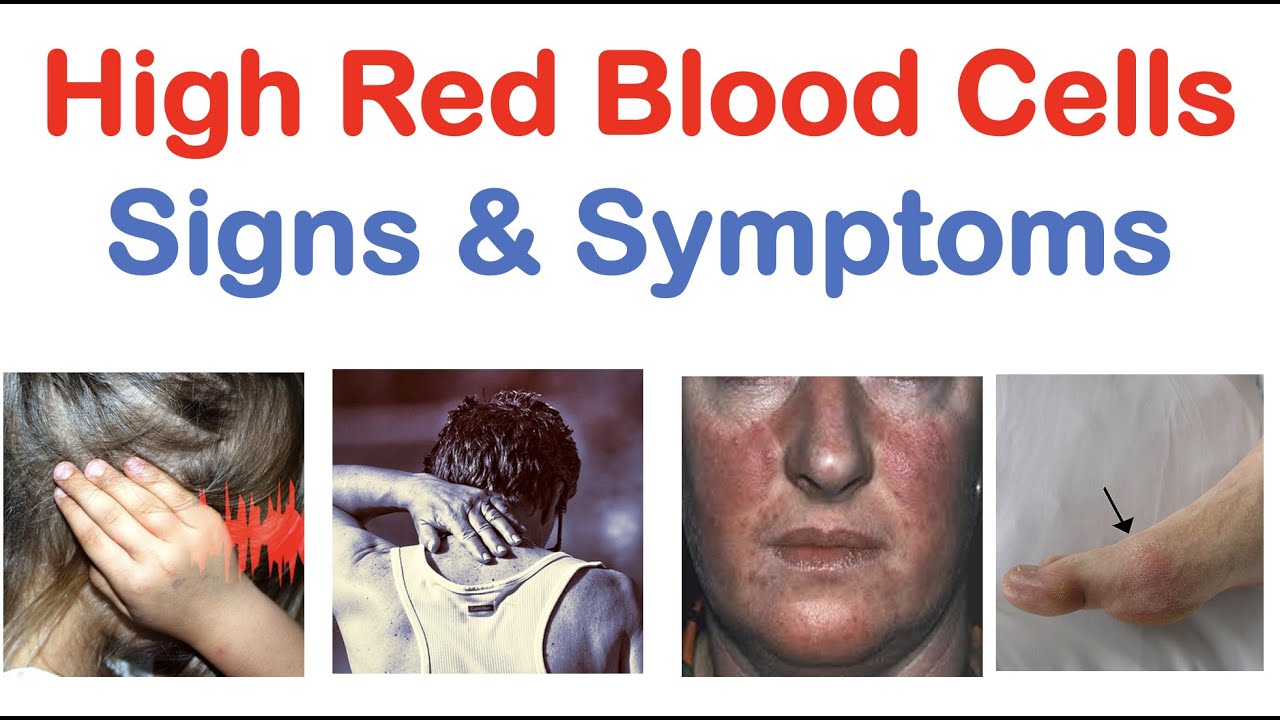
The Importance of Regular Blood Tests for Health Monitoring
You might be wondering why checking your blood on a routine basis is so critical. Regular blood testing is like having a reliable GPS guiding you through your fitness journey. You want to know how your body’s performing so you can adjust as needed. Missing out on these checks could mean ignoring vital health signals.
Monitoring your RBC count alongside other important metrics like MCHC and eGFR can bring clarity to your health status. If you’re experiencing fatigue during those final reps, or your cardio feels harder than usual, a simple blood test can reveal whether your RBC levels or hydration status could use some work. Nothing is more important than being proactive about health when on the quest to get ripped!
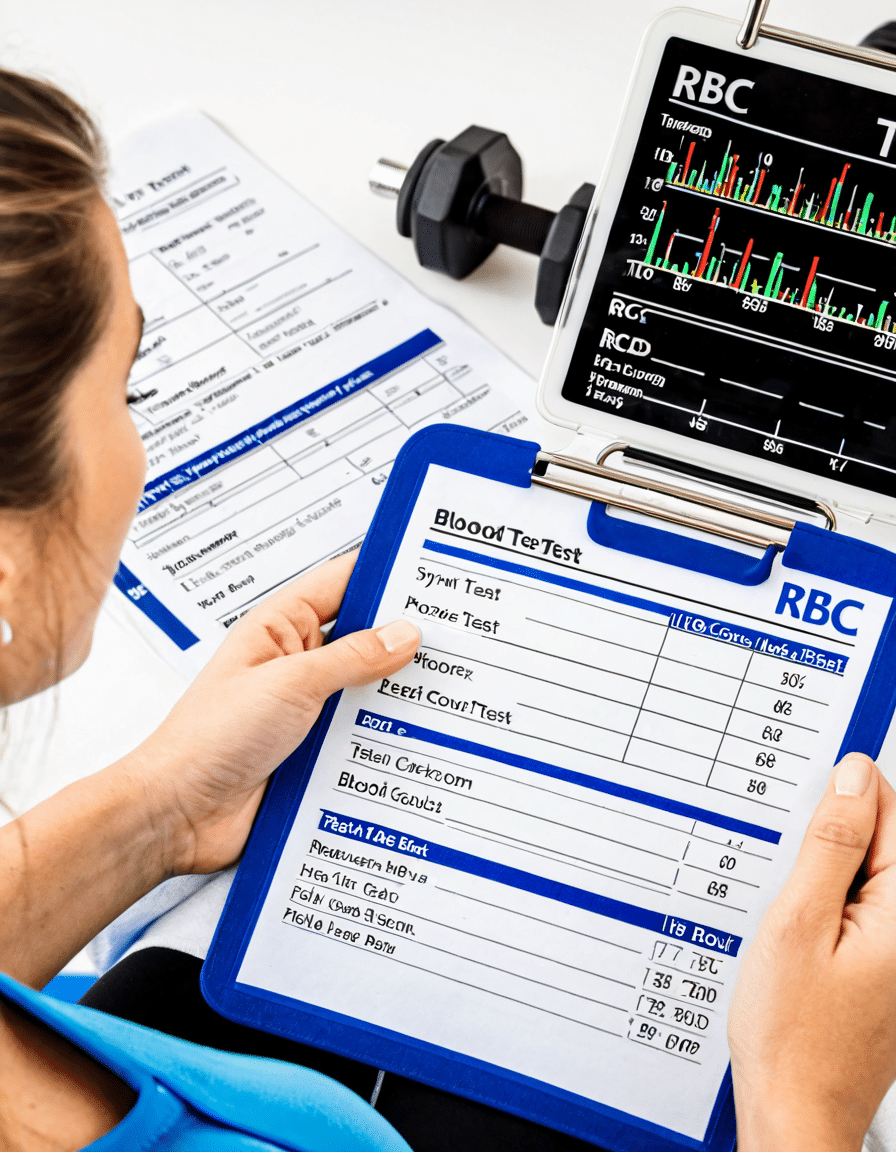
Final Thoughts on RBC and Blood Health
RBCs play a crucial role in transporting oxygen around your body, setting you up for success in your workouts and in life. Having a strong understanding of what is RBC in blood tests enables you to take charge of your health, allowing you to approach your fitness goals with confidence.
Remember, staying in tune with your body is key. Early detection of any issues related to RBCs and other blood parameters can prevent future complications. Engaging in regular blood tests is more than a good idea; it’s a commitment to a healthier and stronger future. So, get those blood tests done and keep forging ahead on your journey to achieving those ripped six-packs and impressive muscle gains. Be like our hero from Hagakure my hero academia, unstoppable and ready to take on any challenge!
For more health insights, check out articles on How many Oz Of water a day you need for optimal hydration or dive into what albumin levels in your blood can tell you about your health. Keeping your body fine-tuned is the path to greatness—don’t skip a beat!
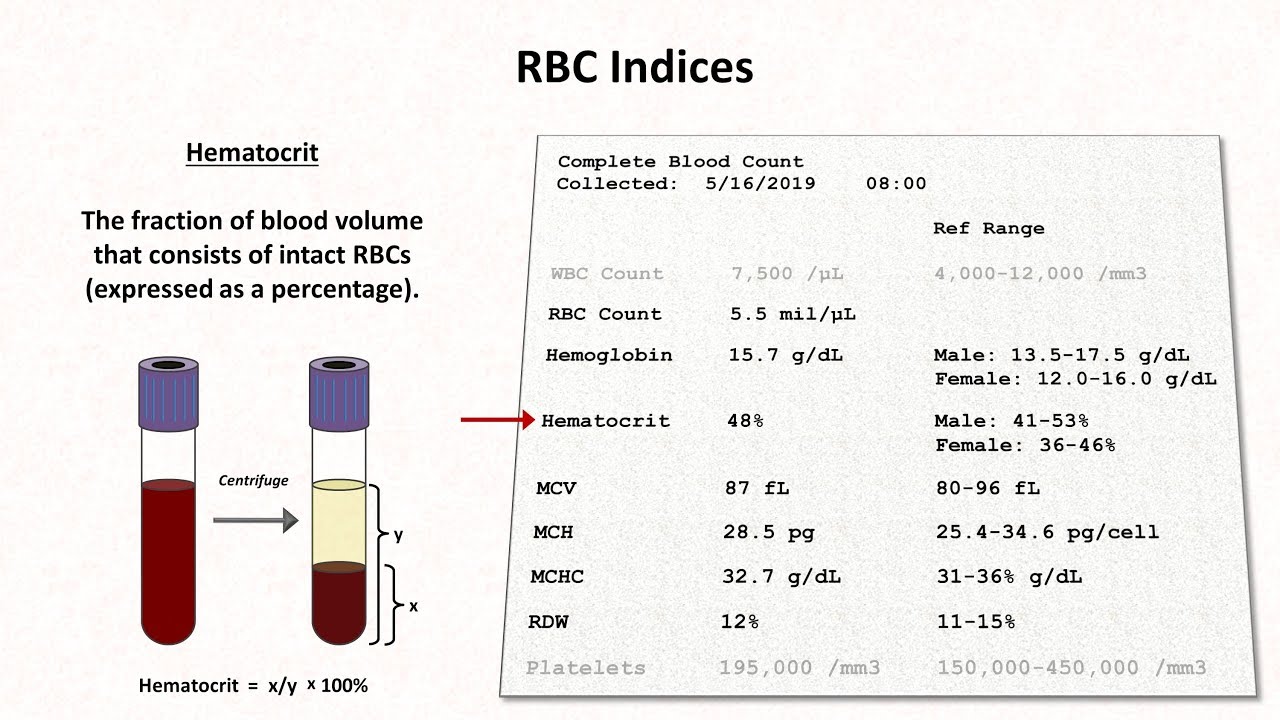
What Is RBC in Blood Test
Understanding what RBC in a blood test signifies is essential for grasping your overall health. RBC stands for red blood cells, the tiny warriors of your bloodstream that carry oxygen from your lungs to every cell in your body. But did you know that these cells have a lifespan of about 120 days? After this time, old RBCs are broken down and replaced by fresh ones, keeping your blood supply ready for action. Fun fact: just like the diverse cast in a movie like Scary Movie 3, where each actor plays a pivotal role, red blood cells work cohesively to ensure your health runs smoothly.
The Role of Red Blood Cells
Now, you might wonder, what does RBC actually do? These cells are fundamental not only for oxygen transport but also for removing carbon dioxide from your system. In a way, they’re the ultimate multitaskers! A low RBC count can lead to anemia, which may make you feel fatigued and weak, much like feeling drained watching a long series of Stephanie Hsu Movies And TV Shows without a break. But don’t fret—regular check-ups and blood tests help you stay on top of these levels, ensuring your vitality isn’t compromised.
Interesting Trivia About Blood Tests
Here comes an intriguing tidbit! The protein albumin, often tested in conjunction with RBC counts, plays a critical role in maintaining blood volume and pressure. Curious about its function? You might want to check out What Is albumin in blood test for more details. Moreover, just as January ushers in fresh starts, getting your blood tests regularly sets you on a path towards understanding your health better. And speaking of health and science, if you’ve ever encountered a pesky bed bug problem, knowing how to handle that can be just as essential as maintaining your RBC levels!
So next time someone asks you, “What is RBC in blood test?” you’ll not only know the answer, but you’ll also have a wealth of fascinating facts to share—like how many ounces are in a tablespoon can be as transforming as learning about your health metrics! Just remember, keeping tabs on your red blood cells is as important as anything else in achieving a healthy lifestyle.
